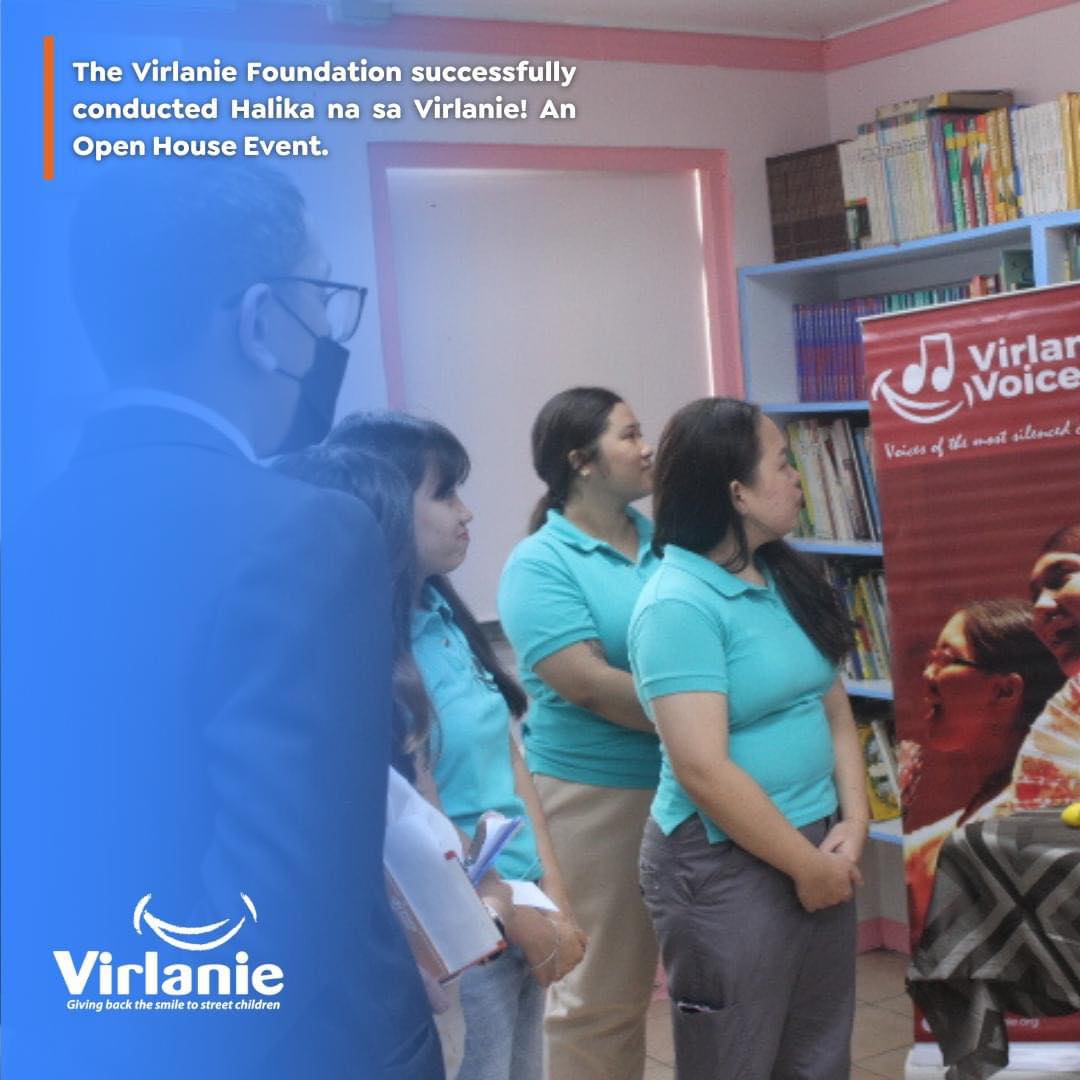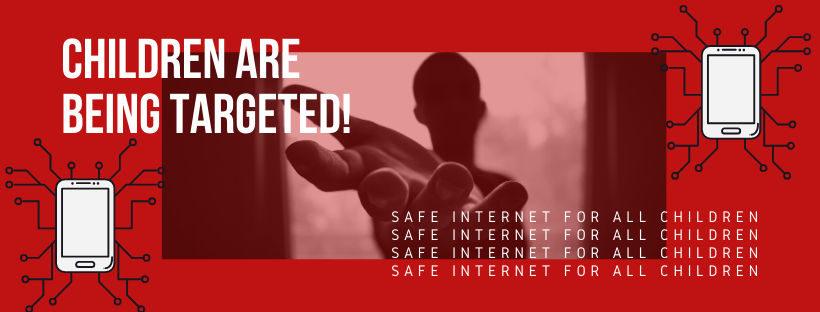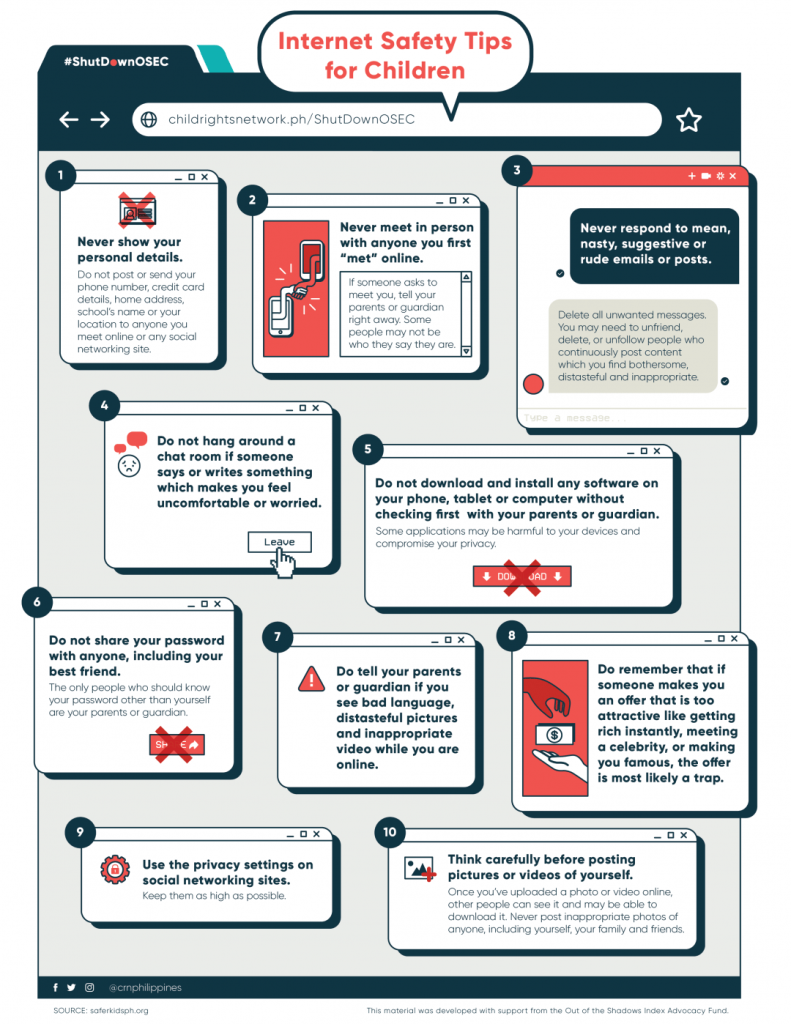
Community quarantines are currently imposed by governments amidst the COVID-19 epidemic. The accessibility to get our basic needs such as food, and other forms of services are currently limited as we must quarantine ourselves at home to avoid the possibility of getting infected by the virus. Nowadays, we stay together with our family. While some families enjoy precious moment with their loved ones in the comfort of their homes, not all households are safe for children.
With the implementation of Enhanced Community Quarantine, an increase of online sexual exploitation of children has been observed across western countries. In the said article, according to John Tanagho, Field Director of International Justice Mission Philippines, “Europol, the UK’s National Crime Agency, the Swedish Police Authority and others have already seen an increase in online child sexual exploitation since the COVID-19 lockdowns.”[1]
According to UNICEF in their New Baseline Study (2016), despite passing a legislation for Anti-Child Pornography Act, also known as Republic Act 9775 in the Philippines, the issue remains a big concern in the country as presence of cybercrime dens are still rampant since 2012[2]. Moreover, Philippines is one of the primary sources of child pornography materials where, in 2018, 600,000 sexually abused children are commercially sold. [3]
This is an ultimate realization that not all children have the privilege to have a healthy place they can call home. They are among of the marginalized people in our society who are very vulnerable to such risks of online sexual exploitation. This article aims to make you understand that Online Sexual Exploitation of Children (OSEC) is important to be talked about and to have further understanding.

Sexual perpetrators do not pick someone with their own size. Children are their easy target because they are unaware and innocent. According to UNICEF, the major reason for OSEC is poverty. Poverty is a major stimulating aspect of OSEC as this becomes an option to earn a living. A child becomes a victim of OSEC as his/her parents makes him/her have a sexual act with someone and monetary payment is involved. Poverty is also a motivating factor of poor parenting, and it changes the family values that because of their need to produce income, OSEC is becoming their only way out to alleviate themselves from it.[4]
Child sexual abuse often leads to mental health problems like, post traumatic disorders, depression, or trauma.[5]
Second, aside from poverty, Filipino children become easy-targets because they are well-skilled to learn the English language.[6] As most perpetrators come from the West, there is a minimal form of adjustment when it comes to having a conversation with a person. As Philippines is also an English-speaking country, many have seen this as an asset for the sex industry.
Third, as of 2019, Philippines has the heaviest internet users in the world. Accessing to digital contents such as videos, photos, etc. can be within reach of every person. This is an added factor to the problem as perpetrators can produce and spread contents that can harm and exploit children.
How to keep children safe from online sexual exploitation
Child Right’s Network Philippines (CRN) and SaferKidsPH, recently released an internet safety tips that you can follow in order to protect your children from its harmful effects. This way, we can ensure that a child is well-protected, and he/she will be aware on making himself/herself safe when using the internet.

1. Teach them not to show any personal details
As what we commonly teach to children, “do not talk to strangers” if ever they encountered one. It is better to avoid interaction from strangers. The least they know about your child, the lesser threat they could make. Teaching them about not telling their personal details is a great way to start the digital safety education.
2. Do not allow your children to meet people they just met online
Always know the whereabouts of your child when it comes in interacting to people online. Make sure they are being guided in using it and always discourage them if someone was trying to meet them right away. Trusting the strangers easily is a very risky move.
3. Do not respond to obscene and negative posts
There are so many social media wars or even obscenity in the internet today. Sometimes, it affects people mentally and emotionally. Make sure that your child always has a good and peaceful digital environment for them to enjoy its benefits. Always check the privacy settings of your child’s social media account. This way, you can segregate and have the control how your child can enjoy his/her social media environment.
4. Teach them that Logging-out is a must
Remind your child that logging out could be the best option if they feel uncomfortable talking to someone. He/she is not obliged to talk to people she is not comfortable talking to.
5. Teach them that downloading and installing software, must be approved by you, as their parent.
You should know if they want to install a software in your computer as some of it can trigger malware that may cause harm to your devices and could make your computer privacy unstable.
6. Do not share your passwords
Teach your kids that keeping their passwords is important as people who might access it could use it to something bad. She can only trust this information with you, and you should commit to it as their parent.
7. Orient your child that if they see something inappropriate online, they should report it to you.
Make sure that their right is exercised by letting them express what are the things they think are negative contents online. Make sure to report these things as they deemed necessary for the safety of your children.
8. Making an offer online is too good to be true
If someone becomes interested to make your child a star, celebrity, or model, do not easily give in. Always think of the safety of your child. Who knows what kind of business you could put yourself into if you agreed on it.
9. Learn your Privacy Settings
Every social media account has their privacy settings where you can manipulate to choose if you are going to present your profile to the public, or to a limited number of people. Make sure to learn how to use this as this can help you protect your child who are also using the internet.
10. Always think before posting.
Make sure that your child is well guide when it comes to posting online. Always ensure quality and harmless content when posting, just like what is written in the guides provided here.
By following the simple Internet Safety Tips, you can make sure that the internet is safe when your child is using it. It always takes a collaborative effort between a parent and your child and this is a good way to bond while learning together.

Virlanie Foundation, Inc. as an active member of Child Rights Network, would like to have an inclusive internet for all children. This can only be possible if our legislators can help us provide solutions against Online Sexual abuse, how to push for stricter policies for the sake of our children to be mandated to various internet actors. We need to make sure that our laws against Online Sexual Abuse are truly enforced to make those who practice this will be accountable of their actions. We also do recommend that further studies about online sexual abuse of children should also continue as more research about this problem could be beneficial to the safety and protection of all children.
Footnotes:
[1] GMA News Online. “Increase in Child Sex Abuse Livestreams Observed during COVID-19 Lockdowns -Report.” GMA News Online. GMA News Online, April 11, 2020. https://www.gmanetwork.com/news/news/nation/733555/increase-in-child-sex-abuse-livestreams-observed-during-covid-19-lockdowns-report/story/.
[2] UNICEF. “New Baseline Study on Violence Against Children in the Philippines_Systematic Literature Review of Drivers of Violence,” p. 6
[3] UNICEF. 2020. “SaferKidsPH advocates to stop online sexual abuse and exploitation of children,” https://www.unicef.org/philippines/press-releases/saferkidsph-advocates-stop-online-sexual-abuse-and-exploitation-children
[4] UNICEF. “New Baseline Study on Violence Against Children in the Philippines_Systematic Literature Review of Drivers of Violence,” p. 6
[5]ChildFund Alliance. The costs and economic impact of violence against Children, p. 8
[6] UNICEF. “New Baseline Study on Violence Against Children in the Philippines_Systematic Literature Review of Drivers of Violence,” p. 6